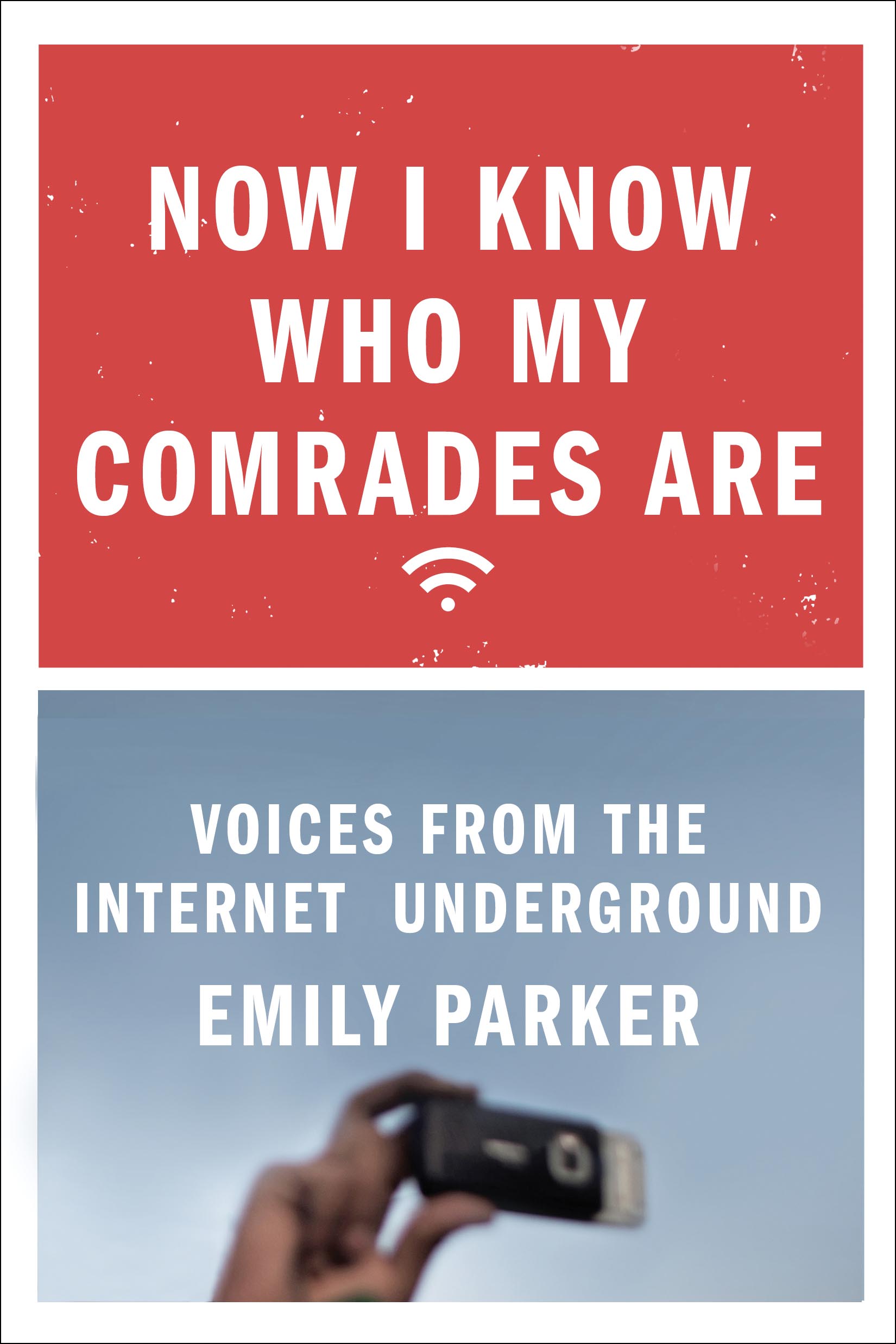How bloggers in China, Cuba and Russia are reshaping politics

From the sound of its title, Now I Know Who My Comrades Are: Voices From the Internet Underground(Sarah Crichton Books, an imprint of Farrar, Straus and Giroux, $26) was written with a quick turnaround following the Arab Spring uprising. In actuality, the book had a decade-long gestation.
Egypt, Tahir Square and the “We Are All Khaled Said “ Facebook campaign are mere news pegs for author Emily Parker. She argues that around the world, governments harness the emotions of isolation, fear and apathy to maintain a well-behaved populace. Internet propaganda is one way that strict regimes can exercise control, but “netizens” know that the World Wide Web is also the fastest, cheapest way to mobilize an opposition.
The key word for Parker is “voices.” No matter how loudly or frequently a government speaks, the authoritarian viewpoint is singular—there is only one party line and one desired outcome. But oppressed people can articulate unfairness in innumerable ways, so long as they find a place to log on.
Parker divides her text into three acts: China (isolation), Cuba (fear), and Russia (apathy). A former Wall Street Journal reporter and diplomat who served on the State Department’s Policy Planning staff under Hillary Clinton, she infuses the tenets of term paper-writing—clear thesis, three Jane Schaffer-ish examples, repetition, a book-ended intro and conclusion—to craft a product that is anything but stale.

There are arguably six main protagonists in the book, two bloggers per country. Parker chose individuals with large followings and divergent opinions. Some cooperate with the government to advance their philosophical agenda, while others treat each blog post as political sparring.
Although China, Cuba and Russia share communist roots, they each have a specific Internet snag.
In China, it’s censorship—one blogger spent a decade under the impression that the State acted appropriately during the 1989 Tiananmen Square protests. In the world’s most populous country, Twitter is restricted.
The problem in Cuba is lack of connectivity—according to 2012 figures included in Parker’s research, “only about 5 percent of Cubans periodically have access to the Web (official figures are higher).” Bloggers circulate their content with printouts and floppy disks instead of links; few posts are drafted while sitting at a computer screen. Sending a tweet can cost $1 or more in a very poor country (the starting salary for one a judge Parker interviewed equated to $13 per month).
In Russians, the Internet culture most resembles that of the United States—digital hotpots are plentiful and anyone can break news—yet people believe they have no say in choosing their leaders, who are often rumored to order retaliation against bothersome journalists. Citizens are so used to unsatisfactory answers that it’s easy to stop questioning those in power.
While Parker deflects attention away from herself, as a non-linguist who struggles just to meet regular American deadlines from my computer with high-speed Internet, I am in awe that she was able ingratiate herself so well in three of the most turbulent political climes in the world, befriending potential government targets without hesitation.
Image: Early morning in Tahir Square, scene of the 2011 Egyptian Revolution. Photo courtesy of Frank Schulenberg, Wikimedia Commons
Sign up for our weekly newsletter featuring in-depth business innovation stories by correspondents around the globe, top domestic reporters and thought-provoking opinion columnists.
This post was originally published on Smartplanet.com